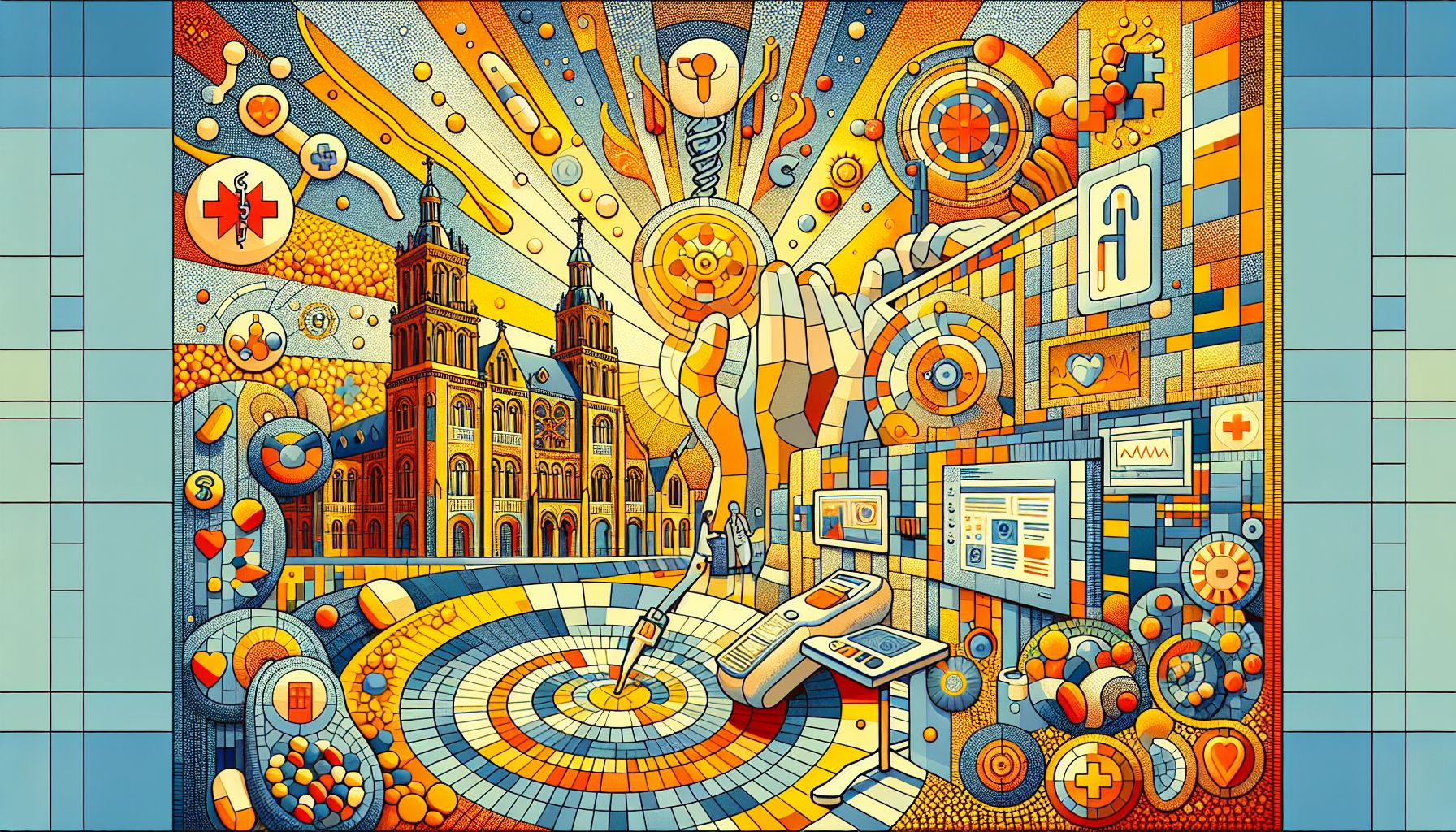ai to optimize medication alerts in hospitals

The Department of Medical Informatics at Amsterdam UMC is using AI to improve medication alerts, enhancing patient safety by increasing accuracy and timeliness.
Introduction to AI-Based Medication Alerts
The Department of Medical Informatics at Amsterdam UMC has embarked on an ambitious project to leverage artificial intelligence (AI) in optimizing medication alerts within hospital settings. This cutting-edge initiative is aimed at minimizing the risks associated with medication errors by enhancing the precision and promptness of alerts issued to healthcare professionals.
How AI Enhances Medication Alerts
AI-based methods are integrated into clinical decision support systems (CDSS) to filter and prioritize medication alerts more effectively. Traditional CDSS often generate a high volume of alerts, many of which are deemed clinically irrelevant, leading to ‘alert fatigue’ among healthcare providers. By employing machine learning algorithms, the AI system can analyze vast amounts of patient data, identify patterns, and predict the likelihood of adverse drug events. This ensures that only the most critical alerts are presented to clinicians, reducing the burden and improving response times.
Proven Benefits and Outcomes
Several studies have demonstrated the efficacy of AI-based alerts in a hospital environment. According to a scoping review published in the Journal of the American Medical Informatics Association, AI-based alerts result in a significant decrease in alert burden and better identification of inappropriate prescriptions[1]. The positive predictive value of these AI-generated alerts ranged from 9% to 100%, highlighting their potential in accurately pinpointing critical issues. Furthermore, the implementation of AI-driven alerts has been shown to improve the prediction of user responses, thereby enhancing overall medication safety.
Key Figures and Leadership
The AI initiative at Amsterdam UMC is spearheaded by the Department of Medical Informatics, with key contributions from experts like Jetske Graafsma. In her statement, Graafsma emphasized the transformative potential of AI in optimizing medication alerts, stating, ‘AI-based methods can be used to optimize medication alerts in a hospital setting.’ The project is part of a broader strategy at Amsterdam UMC to integrate AI across various medical disciplines, supported by a dedicated team of AI officers and researchers[2].
Challenges and Future Directions
Despite the promising results, there are challenges that need to be addressed to fully realize the potential of AI in clinical settings. The scoping review highlights the need for improved reporting on the development and validation of AI models. External validation and practical implementation in hospital practice are also recommended to ensure the reliability and effectiveness of AI-based solutions[1]. Moving forward, Amsterdam UMC plans to continue refining its AI algorithms, focusing on enhancing accuracy and integrating the technology seamlessly into existing hospital workflows.

